Hidden Brain
Hidden Brain helps curious people understand the world – and themselves. Using science and storytelling, Hidden Brain reveals the unconscious patterns that drive human behavior, and the biases that shape our choices.
Sponsored
Episodes
-
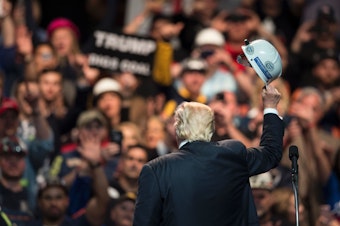
Voting With A Middle Finger: Two Views On The White Working Class
There is one truth that has endured through the first two years of Donald Trump's presidency: he has kept the support of the core voters who propelled him to the White House. This week on Hidden Brain, we explore two competing perspectives on the motivations of Trump supporters, and what they can tell us about the state of our union.
-
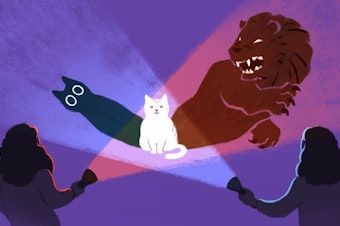
Nature, Nurture And Your Politics
When most of us think about how we came to our political views, we often give a straightforward answer. We believe our stances on taxes, immigration or national security are shaped by those around us — our friends, parents, teachers. We assume our life experiences are the root of our political ideologies. But what if there is something deeper in us that drives the music we listen to, the food we eat — even the politicians that we elect? This week, we explore the role of biology in shaping our political identities.
-
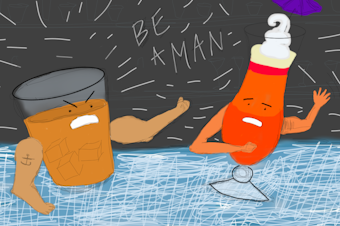
"Man Up": How A Fear Of Appearing Feminine Restricts Men, And Affects Us All
You've certainly heard some variation of the phrase "be a man." But what does that even mean? This week, we question our existing definitions of masculinity. We'll meet a man who works in a field traditionally considered "women's work." And we'll hear from a researcher who says manhood is "hard to earn and easy to lose."
-
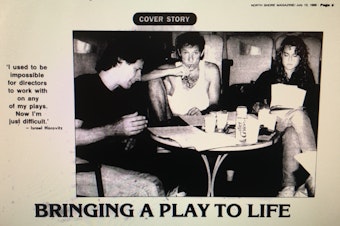
The Psychological Forces Behind A Cultural Reckoning: Understanding #MeToo
Nearly a quarter century ago, a group of women accused a prominent playwright of sexual misconduct. For the most part, the allegations went nowhere. In 2017, in the midst of the #MeToo movement, more women came forward to accuse the same playwright of misconduct. This time, everyone listened. On this episode — originally broadcast in February 2018 — we explore the story through the lens of social science research and ask, "Why Now?" What has changed in our minds and in our culture so that allegations of sexual harassment and assault are being taken more seriously than they were in the past? A note: This story includes descriptions of sexual harassment and assault. It may not be suitable for all listeners.
-
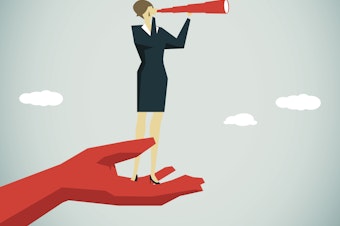
The Cassandra Curse: Why We Heed Some Warnings, And Ignore Others
After a disaster happens, we want to know whether something could have been done to avoid it. Did anyone see this coming? Many times, the answer is yes. So why didn't the warnings lead to action? This week, we explore the psychology of warnings with a visit to a smelly Alaskan tunnel, a gory (and fictional) murder plot, and even some ABBA.
-
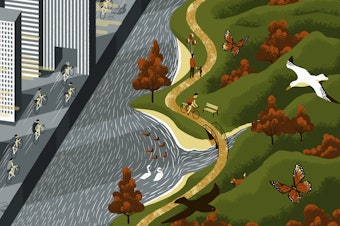
Our Better Nature: How The Great Outdoors Can Improve Your Life
If you live in a big city, you may have noticed new buildings popping up — a high-rise here, a skyscraper there. The concrete jungles that we've built over the past century have allowed millions of us to live in close proximity, and modern economies to flourish. But what have we given up by moving away from the forest environments in which humans first evolved? This week, we discuss this topic with psychologist Ming Kuo, who has studied the effects of nature for more than 30 years.
-

BS Jobs: How Meaningless Work Wears Us Down
Have you ever had a job where you had to stop and ask yourself: what am I doing here? If I quit tomorrow, would anyone even notice? This week on Hidden Brain, we talk with anthropologist David Graeber about the rise of what he calls "bullshit jobs," and how these positions affect the people who hold them.
-

You 2.0: Check Yourself
The simple "to-do" list may be one of humanity's oldest tools for getting organized. But checklists are also proving essential in many modern-day workplaces, from operating rooms to the cockpits of jumbo jets. As part of our summer You 2.0 series, we explore the power of the humble checklist to help us stay on track and focus on what's important, particularly when pressure is intense and the stakes are high.
-
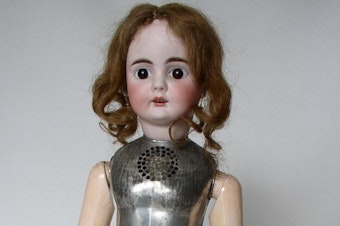
You 2.0: Originals
What does it mean to be an original? As part of our summer series, You 2.0, we talk with psychology professor Adam Grant about innovators and the challenges they face. Adam gives his take on what makes an original, how parents can nurture originality in their children, and the potential downsides of non-conformity.
-
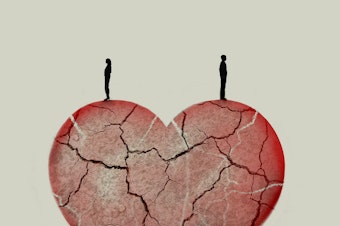
You 2.0: When Did Marriage Become So Hard?
There are signs it's getting even harder. In this episode, we explore how long-term relationships have changed over time and whether we might be able to improve marriage by asking less of it.
-

You 2.0: The Ostrich Effect
Ignorance is bliss, but knowledge is power...right? As part of our summer series, You 2.0, we try to understand why we stick our heads in the sand.
-
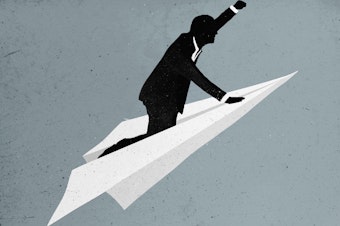
You 2.0: Dream Jobs
Finding a new job may be the solution to your woes at work. But there may also be other ways to get more out of your daily grind. This week, we talk with psychologist Amy Wrzesniewski of Yale University about how we can find meaning and purpose in our jobs.